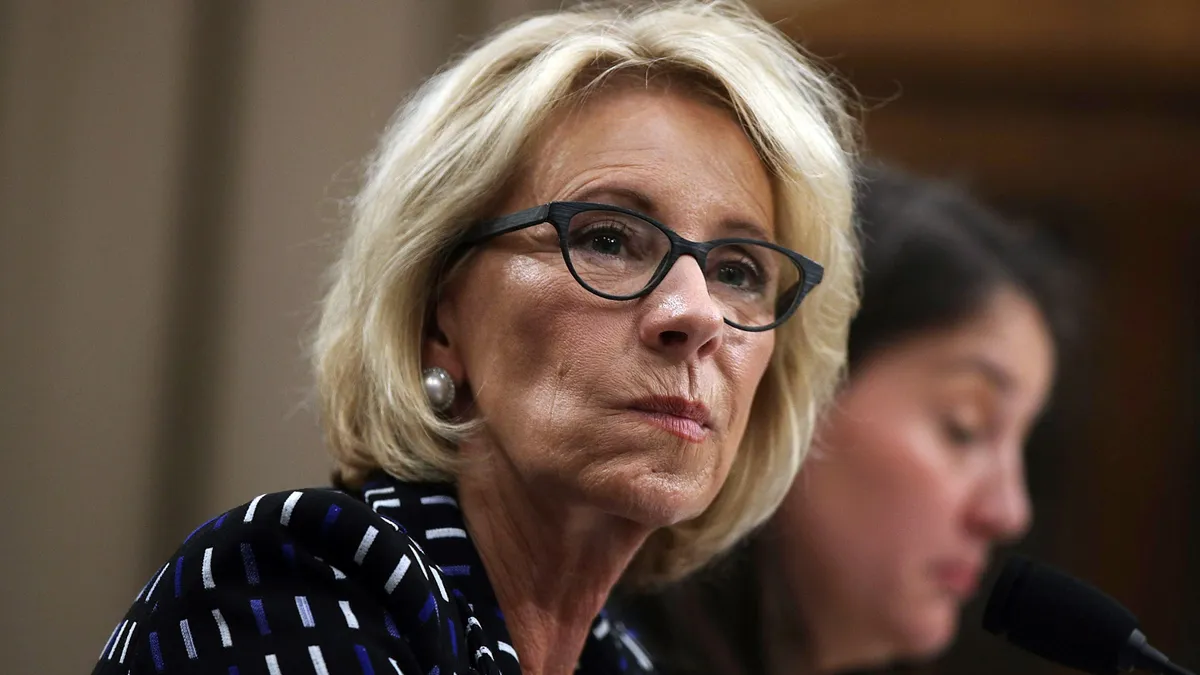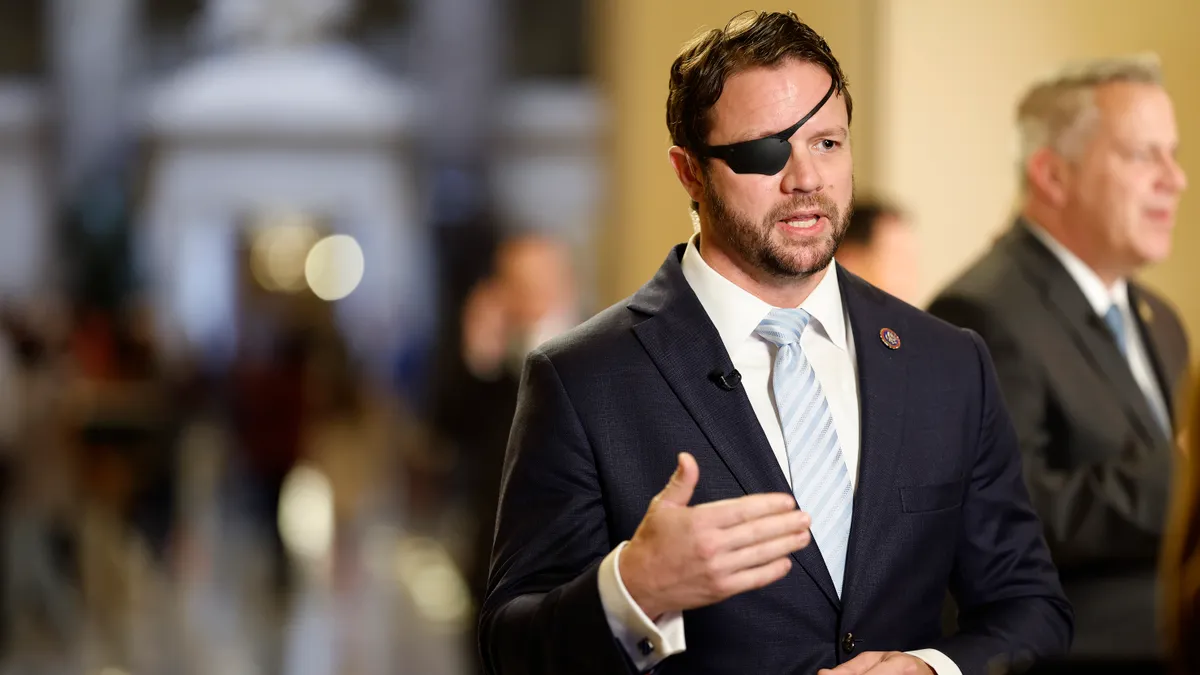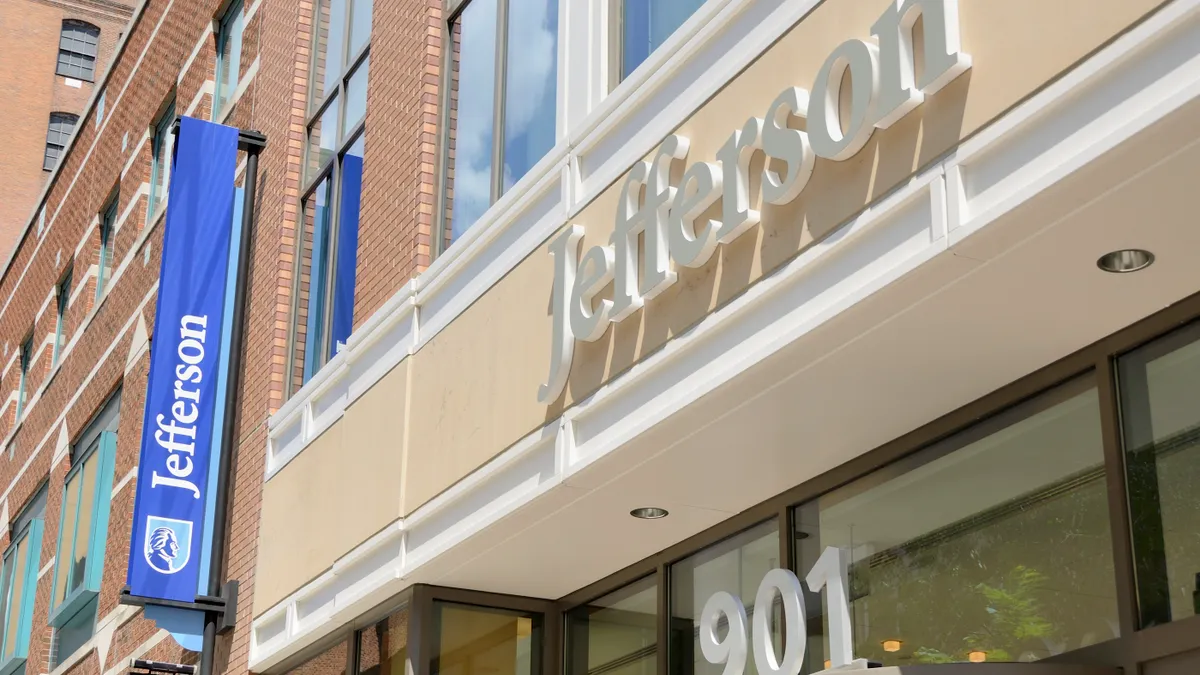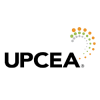Dive Brief:
- It has been five weeks since the U.S. Department of Education vowed to appeal two June court rulings blocking a widely criticized rule barring international and unauthorized students from federal coronavirus aid.
- But the department has not yet done so. And the rule stands in most states — federal judges ruled California's community colleges and institutions in Washington are exempt, though the latter cannot give aid to international and unauthorized students.
- Higher education administrators and groups continue to deride the measure as unnecessary, moot and limiting.
Dive Insight:
The regulation constrains $6 billion or so from the Coronavirus Aid, Relief, and Economic Security (CARES) Act earmarked for students as emergency grants. But that funding was released to colleges in April, and most of it has been distributed to students, policy experts say. The department said colleges won't be punished retroactively if they gave money to students who couldn't receive it under the rule.
"Colleges, courts, and the broader public have all clearly objected to a rule that isn't rooted in the law and that serves only to deny emergency aid to students who need it," Clare McCann, deputy director for federal higher education policy at left-leaning think tank New America, wrote in a text message to Education Dive. "It's unclear why the Department doesn't just drop a rule that has no support and serves no purpose."
Initially, Education Secretary Betsy DeVos put no conditions on the funding, only urging colleges to get it out quickly.
But in late April, the department issued guidance that limited the funds to only those who are eligible for federal financial aid, which would exclude certain non-citizens. The move befuddled colleges, which had been seeking clarity from the department for weeks.
The restriction was later put into the contested regulation, which took effect June 17 and carries the force of law. It garnered more than 4,100 comments in the 30-day comment period that followed, though none appear publicly on the Federal Register.
McCann, who noted the department must vet the comments, said it was odd that nothing had been posted yet. A department spokesperson did not respond to a question Wednesday regarding the comments' whereabouts.
One group, on behalf of 50 other education-related organizations, panned the rule.
In its comment, which it shared publicly, left-leaning think tank the Center for American Progress (CAP) argued that the new requirements would "create unnecessary and arduous administrative burdens for colleges."
Colleges would need to verify the eligibility of students who had not filled out a Free Application for Federal Student Aid (FAFSA), the easiest way of determining who qualifies for Title IV money, the groups wrote.
According to the department, it still intends to appeal, but when is unclear. McCann questioned whether the agency was being truthful.
Ben Miller, CAP's vice president for postsecondary education, said he's uncertain why the department continues "to drag this out."
"The vast majority of money is out the door, and a huge chunk is presumably spent," he said. "The agency lost twice in court, and continuing to push on this only keeps a confusing set of differential standards."










